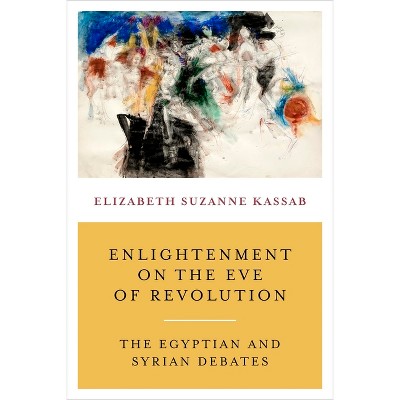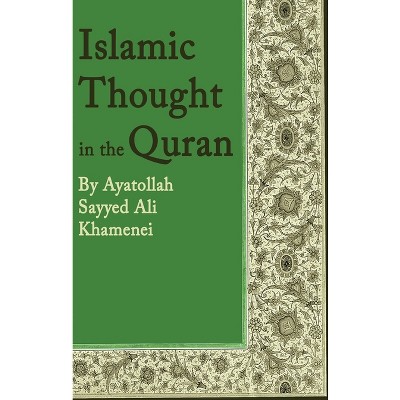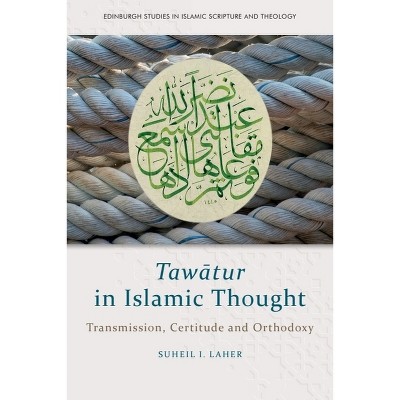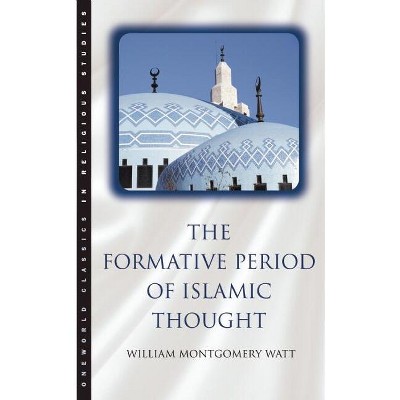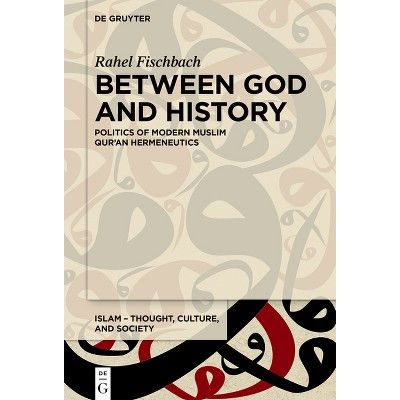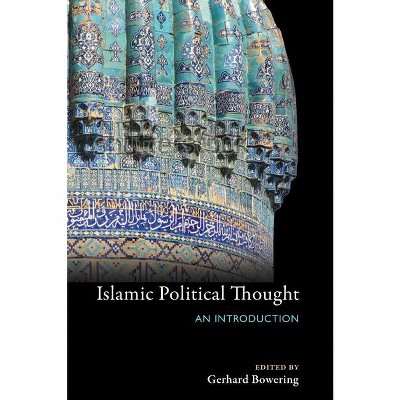Sponsored

Contemporary Arab Thought - by Elizabeth Suzanne Kassab
In Stock
Sponsored
About this item
Highlights
- In the last third of the twentieth century, the Arab intellectual and political scene polarized between totalizing doctrines--nationalist, Marxist, and religious--and radical critique.
- About the Author: Elizabeth Suzanne Kassab is associate professor of philosophy at the Doha Institute for Graduate Studies.
- 424 Pages
- Religion + Beliefs, Islam
Description
About the Book
Contemporary Arab Thought illuminates the relationship between cultural and political critique in the work of major Arab thinkers. It now features an extensive new introduction that reconsiders post-1967 Arab intellectual history in light of the 2011 uprisings and the upheavals that have occurred since.Book Synopsis
In the last third of the twentieth century, the Arab intellectual and political scene polarized between totalizing doctrines--nationalist, Marxist, and religious--and radical critique. Arab thinkers were reacting to the disenchanting experience of postindependence and a widespread sense of malaise, as well as to authoritarianism, intolerance, injustice, failed development, and successive defeats by Israel. The foundational account of these responses, Contemporary Arab Thought illuminates the relationship between cultural and political critique in the work of major Arab thinkers. Elizabeth Suzanne Kassab also connects Arab debates to the postcolonial issues of Latin America and Africa, revealing the shared struggles of different regions.
Since its first publication in 2009, this book has stood as the foremost account of contemporary Arab debates on culture, philosophy, modernity, tradition, identity, and liberation. It is widely used in Middle Eastern studies courses, and it has become a classic in the field of Arab intellectual history. Contemporary Arab Thought now features an extensive new introduction that reconsiders post-1967 Arab intellectual history in light of the 2011 uprisings and the upheavals that have occurred over the intervening years. Kassab critically reflects on the book's arguments and the responses it has provoked, and she surveys the new preoccupations that have emerged in Arab debates since 2011. As crises again overtake the Middle East, this landmark work continues to offer indispensable insight into the richness of contemporary Arab thought.Review Quotes
First published on the cusp of the Arab revolutions, Contemporary Arab Thought was immediately recognized as a landmark work. Kassab's deft rendering of the richness of Arab conceptual debates, her analysis of the critical intellectual bifurcations of Arab thought, and her generous call for dialogue with non-Western postcolonial traditions energized the field and paved the way for a younger generation of scholars.--Fadi A. Bardawil, author of Revolution and Disenchantment: Arab Marxism and the Binds of Emancipation
In her new introduction, Kassab reflects on the challenges of reading the contemporary Arab intellectual scene and the transformations that have occurred since 2010. She elucidates the formidable efforts of contemporary Arab thinkers to create sense in the midst of momentous upheavals and identifies the sites of hope and imagination in the midst of confusion and horror.--Leyla Dakhli, French Center for National Research (CNRS)
With unparalleled intellectual generosity and a profound commitment to self-reflection, Kassab masterfully integrates overlooked comparative, feminist, and gender-based approaches to reimagine critique in the aftermath of recent wars and uprisings. Setting new standards for cross-disciplinary scholarship, this book remains a groundbreaking contribution to the field of modern Arab thought.--Zeina G. Halabi, author of The Unmaking of the Arab Intellectual: Prophecy, Exile and the Nation
Fifteen years after its original publication, the Arab world has undergone dramatic and often painful transformations. Yet the book that defined an entire field of study and inspired countless scholars to explore its profound questions still retains its relevance and classic status.--Yoav Di-Capua, The University of Texas at Austin
In a work that has become a truly essential reference worldwide, Kassab masterfully uncovers the ideological and cultural underpinnings of contemporary debates in the Arab space, illuminating them with a comparative perspective that firmly places Arab thinkers on the map of world intellectual history.--Franck Mermier, author of Le livre et la ville: Beyrouth et l'édition arabe
About the Author
Elizabeth Suzanne Kassab is associate professor of philosophy at the Doha Institute for Graduate Studies. Her books include Enlightenment on the Eve of Revolution: The Egyptian and Syrian Debates (Columbia, 2019). The Arabic edition of Contemporary Arab Thought received the prestigious Sheikh Zayed Book Award.Shipping details
Return details
Frequently bought together
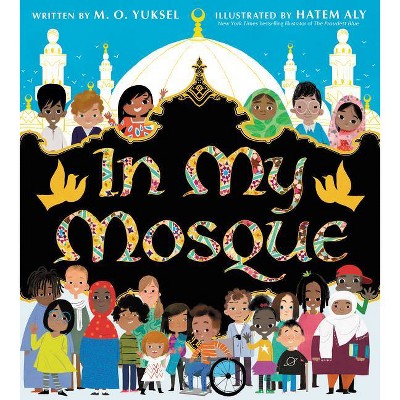
Trending Non-Fiction










